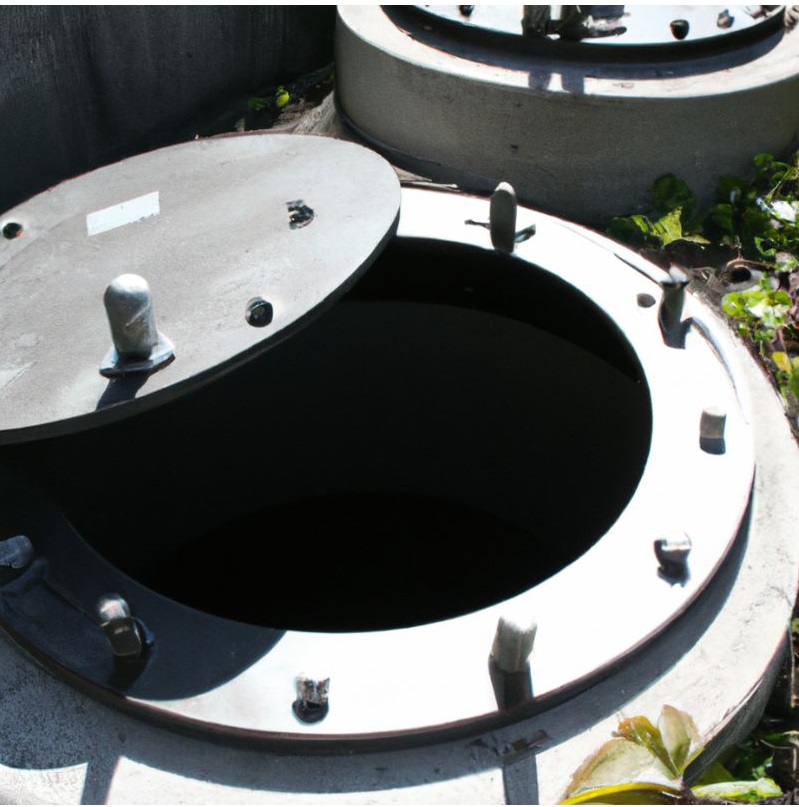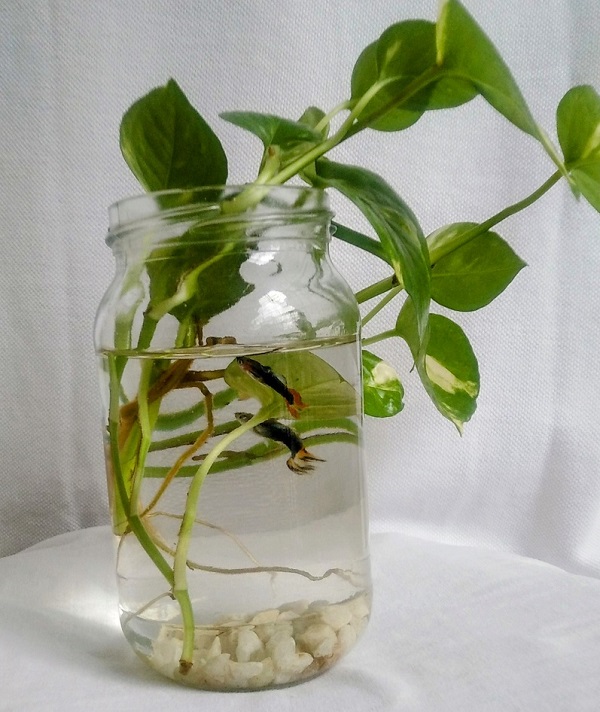Key Takeaways:
- Regular maintenance of septic tanks can prevent costly repairs.
- Avoiding certain chemicals and products can prolong the life of a septic system.
- Installing water-efficient fixtures can significantly reduce the load on septic systems.
- Periodic inspections are crucial for spotting potential issues early.
The Importance of Septic Tank Maintenance
Maintaining your septic tank is crucial for several reasons. Not only does it help in preventing expensive repairs, but it also protects the environment and public health. Regular maintenance, such as Foothills septic pumping, ensures your system functions efficiently, preventing issues such as backups and leaks.
Septic systems are commonly used in rural areas where municipal sewage systems are unavailable. These systems rely on the natural processes in the soil to treat wastewater. Consistent care and maintenance are essential to ensure the system remains operational over the years. Neglecting this maintenance can lead to significant problems such as foul odors, slow drains, and even environmental contamination. Unmanaged wastewater, for instance, has the potential to leak into the ground and harm nearby water sources.
Factors That Affect Septic Tank Health
Several factors can affect the health of your septic tank. Water-intensive appliances, such as dishwashers and washing machines, can contribute to the load on your system. Additionally, non-biodegradable materials and harmful chemicals can cause blockages and damage. For instance, flushing items like wet wipes and paper towels can clog the system, creating a bottleneck that disrupts the natural flow of waste.
Another major factor is the volume of water used within your household. Excessive water flow can overwhelm the septic system, causing the solid waste to settle improperly and potentially leading to system failure. Therefore, managing water usage efficiently is key to septic tank health. For example, staggering water-intensive appliances throughout the week rather than running simultaneously can help distribute the load evenly, reducing the system’s risk of overloading.

Benefits of Routine Inspections
Periodic inspections are vital for identifying potential problems before they become serious. According to EPA guidelines, homeowners should have their septic systems inspected by a professional at least every three years. This proactive approach can save you money in the long run by catching small issues before they escalate into significant problems.
During an inspection, professionals check for signs of wear and tear, the level of sludge and scum in the tank, and potential leaks or blockages. This helps in maintaining the system’s efficiency and avoiding unexpected breakdowns. The cost of routine inspections is relatively small compared to the expenses associated with major repairs or system replacements. A thorough inspection can also give homeowners valuable insights into their system’s current state, allowing for more informed maintenance practices. Midway through your maintenance schedule, renting additional sanitation amenities like portable restrooms from foothill portables can also help manage waste during special events or heavy usage periods.
Avoiding Harmful Chemicals and Products
To maintain a healthy septic system, avoid harsh chemicals and non-biodegradable products. Bleach, paint, and certain cleaning products can disrupt the natural bacterial balance necessary for breaking down waste. Instead, opt for eco-friendly alternatives. These alternatives are better for your septic system and safer for the environment.
Paper towels, diapers, and feminine hygiene products should never be flushed down the toilet. These things can create significant obstructions and are difficult to disassemble, necessitating expensive repairs. Anything that is not biodegradable has the potential to accumulate in the system and impair proper operation. One useful suggestion is to put a trash can in the restroom to dispose of non-biodegradable materials properly.
Water Conservation Tips
Reducing water usage is another critical aspect of septic tank maintenance. Homeowners can install water-efficient fixtures and appliances to minimize the load on their systems. Simple changes like fixing leaks promptly and using water-saving techniques can make a big difference.
Some effective water conservation tips include installing low-flow showerheads, fixing dripping faucets, and using dishwashers and washing machines only when full. Together, these minor changes can lower the volume of water that enters your septic system, extending its lifespan and effectiveness. Spreading out your laundry loads over the week is another way to prevent the system from overloading with water. Consider using a brush instead of a hose to clean driveways and sidewalks to save water.
When to Call a Professional
You could require expert help at some point, even with your best efforts. You observe standing water near your drain field, slow drains, or unpleasant smells. In that scenario, it is critical to contact an expert immediately to identify and resolve the issue. Prompt intervention can save a small problem from becoming a big problem, which can be expensive and inconvenient.
From routine maintenance to emergency repairs, experts can offer various services to keep your septic system functioning at peak efficiency. They have the resources and expertise to identify and address issues the average homeowner could miss. Early problem-solving can help you avoid more serious damage and future, more costly repairs. In some cases, a specialist could suggest doing additional work, such as constructing risers or remediating the soil, to make upkeep easier in the future.




